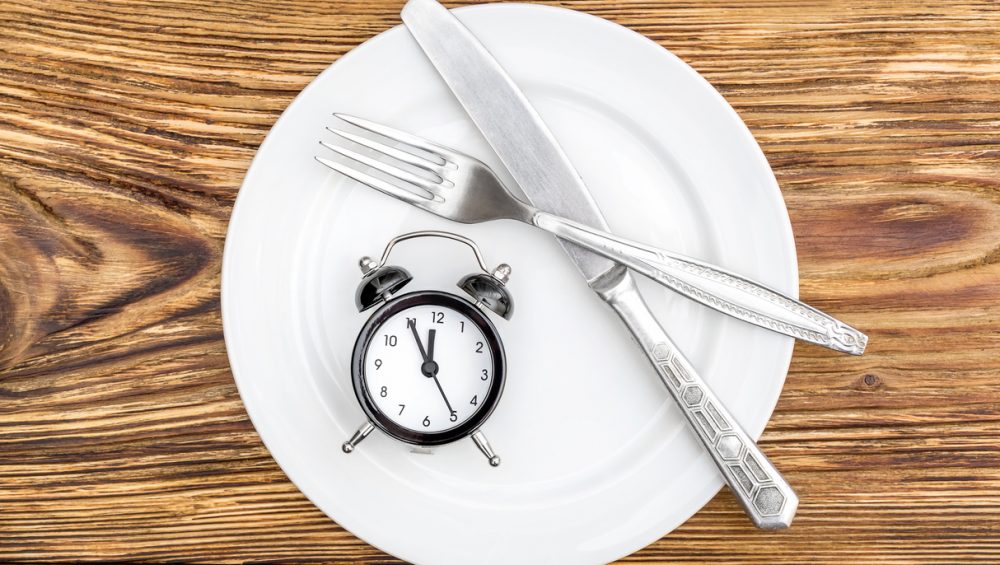What is ‘intermittent fasting’?
‘Intermittent fasting’ diets refer to any diet where you calorie restrict for a certain period of time, then eat ‘as normal’ for the rest of the week, with the aim of losing weight.
The 5:2 diet popularised ‘intermittent fasting’, where a person fasts for 2 days per week, then eats normally for the remaining 5 days. The idea is that on fasting days the individual consumes approximately 25% of their requirements only, leading to overall weight loss over the course of a week.
There is some talk around suggesting that intermittent fasting has greater benefits than just weight loss. That it can assist in reducing cholesterol and blood glucose levels, thus reducing risk of diabetes and cardiovascular disease. Dr Michael Mosley tested this theory himself in his recent BBC documentary ‘Horizon: Eat, Fast, Live longer’, and while he admits that the evidence is not solid yet, he did see positive changes in his own cholesterol and blood glucose levels after trialling the 5:2 diet for 5 weeks.
Is it right for you: while the evidence shows that Intermittent Fasting is beneficial is achieving weight loss, so are many other types of diets. This diet can work well if you can stick to it and if it fits into your life, otherwise good old fashion ‘reduced calorie diets’ will work just as affectively. As for whether it reduces blood markers and disease risk – the jury is still out.
Here is an example of a ‘fasting day’ diet (approximately 500 calories per day allowed)
Breakfast: 2 egg white omelette (30cal) + 1/2 cup spinach wilted (15cal)
Lunch: Tuna in olive oil (115cal) + 1 cup salad leaves (20 cal) + 8 cherry tomatoes (10cal) + 2 vita wheat crackers (45cal)
Dinner: 100g poached chicken breast (150cal) + 2 stalks broccolini (10cal) + 4 spears steamed asparagus (10cal) + 1/2 cup sautéed mushrooms with no added fat (25cal)
Snack: 6 carrot sticks + 1 tablespoon hummus dip (50cal)
Total: 485calories/2029kJ, 63g protein, 15g fat, 18g carbs, 12g fibre





